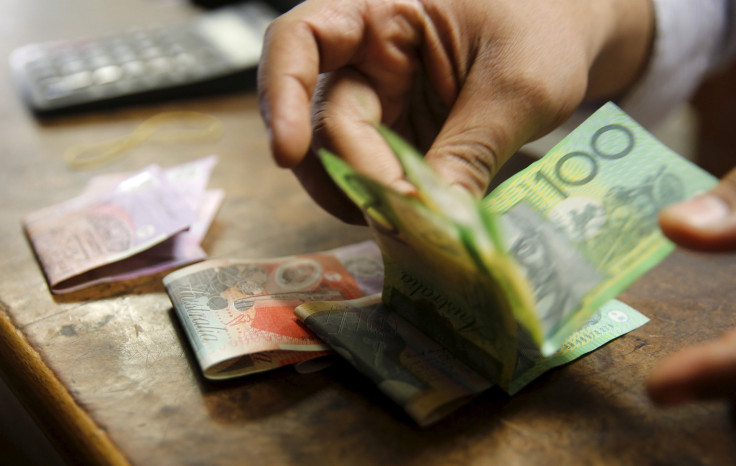Australia may ban $100 notes in a bid to crackdown black money

Following the footsteps of India and Venezuela, Australia is also considering to ban $100 notes in a bid to crack down black money. Furthermore, ban on cash payments exceeding a certain limit is also under consideration.
The Malcolm Turnbull government has set up a special task force to be headed by former KPMG global chairman Michael Andrew. The task force will review experience of France where government is banning cash payments of over €1,000 (AU$1,400).
“There's nothing wrong with cash, the issue is when people don't declare it. The whole point of this crackdown on the black economy is to make sure we close down any potential loopholes,” financial services minister Kelly O'Dwyer told ABC Radio.
The money (black money) that goes unrecorded amounts 1.5 percent of GDP ($21 billion). “If we can get a percentage of that, it's revenue owed to the Australian people,” she said. “It’s critical for those people who are honest, law-abiding people who are actually doing the right thing and paying their fair share of tax.”
On being asked if $100 notes could be scrapped, Kelly said, “I'm not going to put a limit on what the taskforce can look at.”
About 300 million $100 notes are in circulation currently. The circulation of $100 notes have increased by more than 100 percent in over 20 years and 9 percent in the past year. While the long-term growth rate of $100 notes is 7 percent, it is 6 percent for $50 notes and 2 percent for $20 notes.
India’s demonetisation status
Last month, India also demonetised the two high-denomination notes of the country, 500 rupee ($10) and 1000 rupee ($20), which amounts nearly 85 percent of the notes in circulation. Without any prior notice or warning, Prime Minister Narendra Modi sent shockwaves across the whole nation when he announced that the notes will cease to be legal tender within hours, giving no time to black money holders to find any loophole in the order.
While the overnight ceasing of high-denomination currency notes and lack of circulation of other notes caused inconvenience to the people, particularly the poor. Most of them were happy with the decision and ready to take the inconvenience of standing in long queues to deposit the old currency notes or getting it exchanged through the banks. Meanwhile, new 2,000 rupee and 500 rupee notes have made debut in the market in order to ease the liquidity.
Australia may follow similar strategy
Former Reserve Bank official Peter Mair has also suggested a similar move to ban $100 notes and $50 notes altogether, giving a use-by date so that people can hand them over within the stipulated period of time or else they get nothing in return. He said that $100 notes are used in bulk for illegal activities and to avoid tax as well as pension assets test.





















